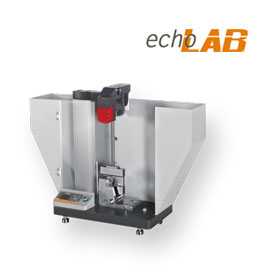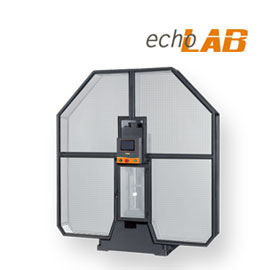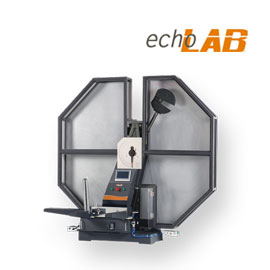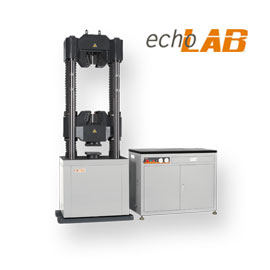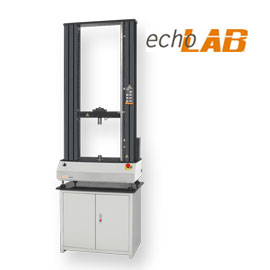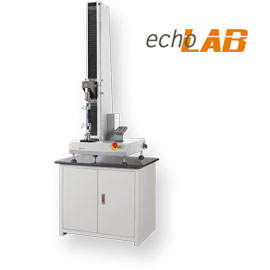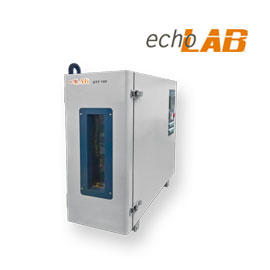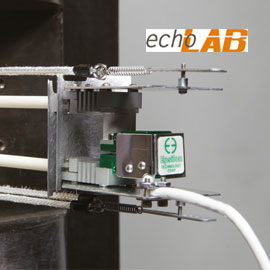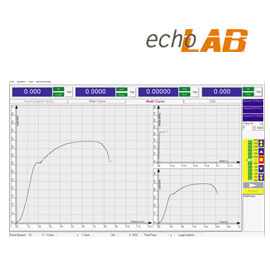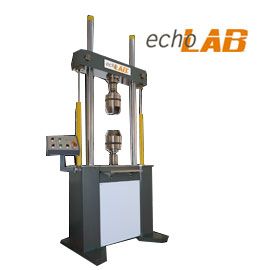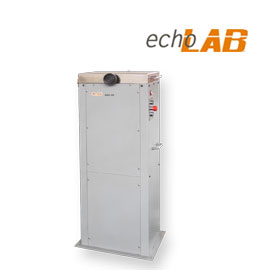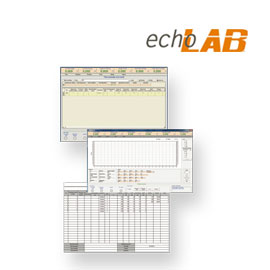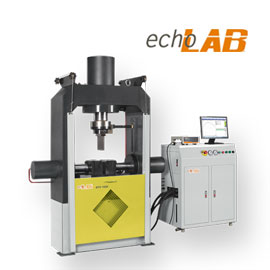
Products
Impact Testing Machines
Interested
Impact Testing Machines
In material science, resilience is the ability of a material to absorb energy when it is deformed elastically, and release that energy upon unloading. Proof resilience is defined as the maximum energy that can be absorbed up to the elastic limit, without creating a permanent distortion. The modulus of resilience is defined as the maximum energy that can be absorbed per unit volume without creating a permanent distortion.
In the laboratories the resilience is calculated by the Charpy and Izod impact testing tests. The apparatus consists of a pendulum of known mass and length which is released from a known height to impact a notched specimen. The energy transferred to the material can be inferred by comparing the difference in the height of the hammer before and after the fracture (energy absorbed by the fracture event). The notch in the sample affects the results of the impact test, thus it is necessary for the notch to be of regular dimensions and geometry. The size of the sample can also affect results, since the dimensions determine whether or not the material is in plane strain.
Product Range Includes:
ITM-MP Series
ITM-HF Series
ITM-S Series
ITM-B Series
IMP Series
